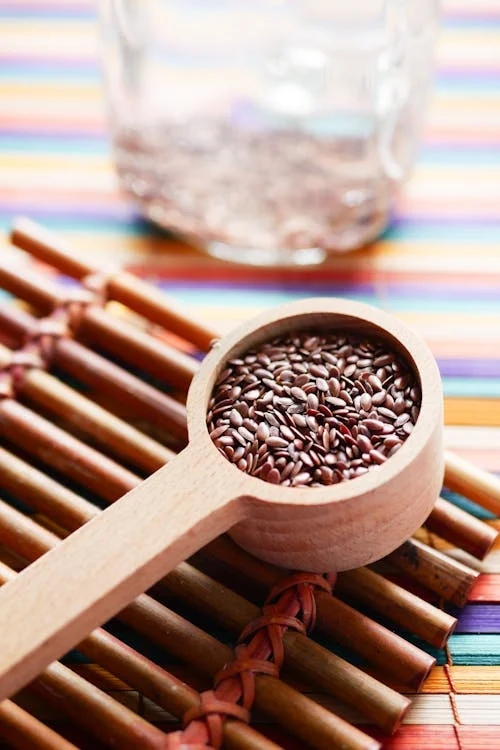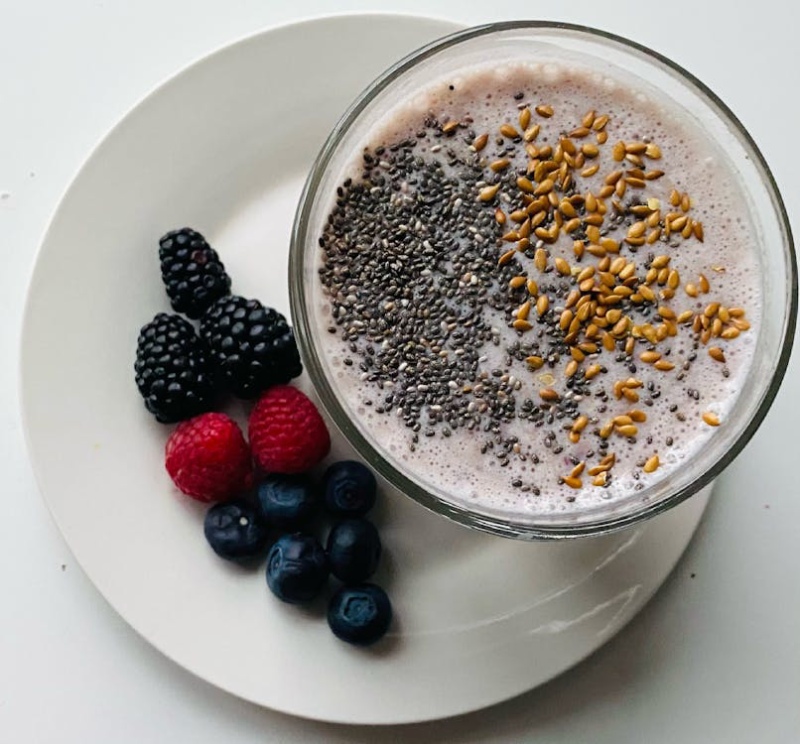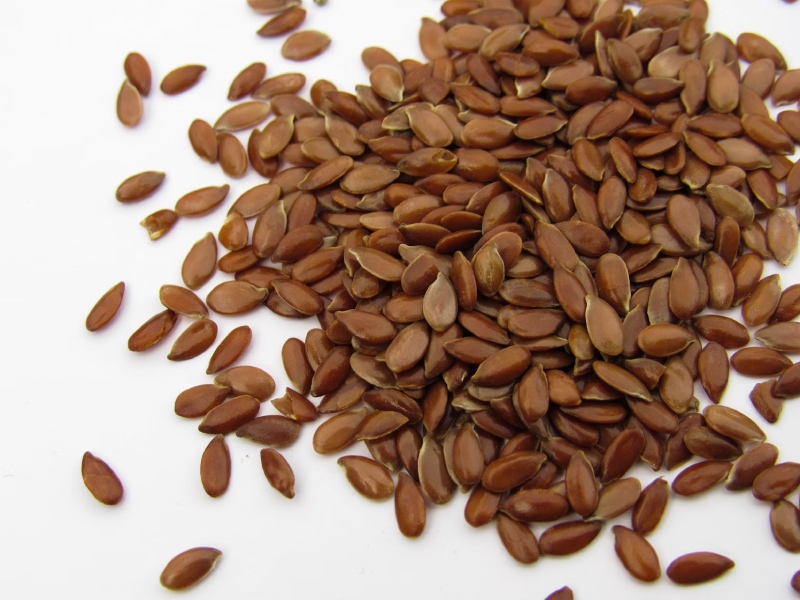For centuries, people have sought natural ways to achieve healthy, radiant skin. Flaxseed, a tiny but mighty seed, is emerging as a popular choice for promoting a natural glow from within.
Flaxseed and Skin Health
Flaxseed is packed with nutrients that can benefit the skin in several ways. Here are some key components:
- Omega-3 fatty acids – these healthy fats help keep skin hydrated and plump, reducing the appearance of fine lines and wrinkles.
- Lignans – these plant compounds act as antioxidants, protecting the skin from damage caused by free radicals, which can accelerate aging.
- Fiber – flaxseed is a rich source of fiber, which aids digestion and gut health. A healthy gut is linked to clearer, healthier skin.

Incorporating Flaxseed into Your Skincare Routine
There are two main ways to incorporate flaxseed into your routine. Ground flaxseed can be easily added to your diet. Sprinkle it on yogurt, oatmeal, or even salads. Aim for 1-2 tablespoons daily. You can also consume flaxseed oil, but consult your doctor first, especially if you take blood thinners. Flaxseed gel, made from soaking the seeds in water, can be used as a natural moisturizer. However, research on topical benefits is limited.
Scientific Evidence and Studies
While more research is needed, some studies suggest a link between flaxseed consumption and improved skin health. A 12-week study found that women who consumed flaxseed oil daily experienced a significant increase in skin hydration compared to a control group. Additionally, research suggests that flaxseed may help reduce inflammation in the skin, potentially leading to clearer complexions.
P.S These studies involved consuming flaxseed, not applying it topically.

Tips for Using Flaxseed Safely and Effectively
- Ground is best – whole flaxseeds can pass through your digestive system undigested. Grind them before consuming for maximum benefit;
- Drink plenty of water – flaxseed absorbs liquid, so increase your water intake to avoid constipation;
- Start slow – begin with a small amount of flaxseed and gradually increase to avoid digestive discomfort;
- Consult your doctor – if you have any underlying health conditions, speak to your doctor before consuming flaxseed.
Conclusions
Flaxseed offers a natural way to support healthy skin from within. While research is ongoing, studies suggest it may help with hydration, inflammation, and overall skin health. By incorporating flaxseed into your diet and maintaining a healthy lifestyle, you can promote a radiant, healthy complexion naturally.





